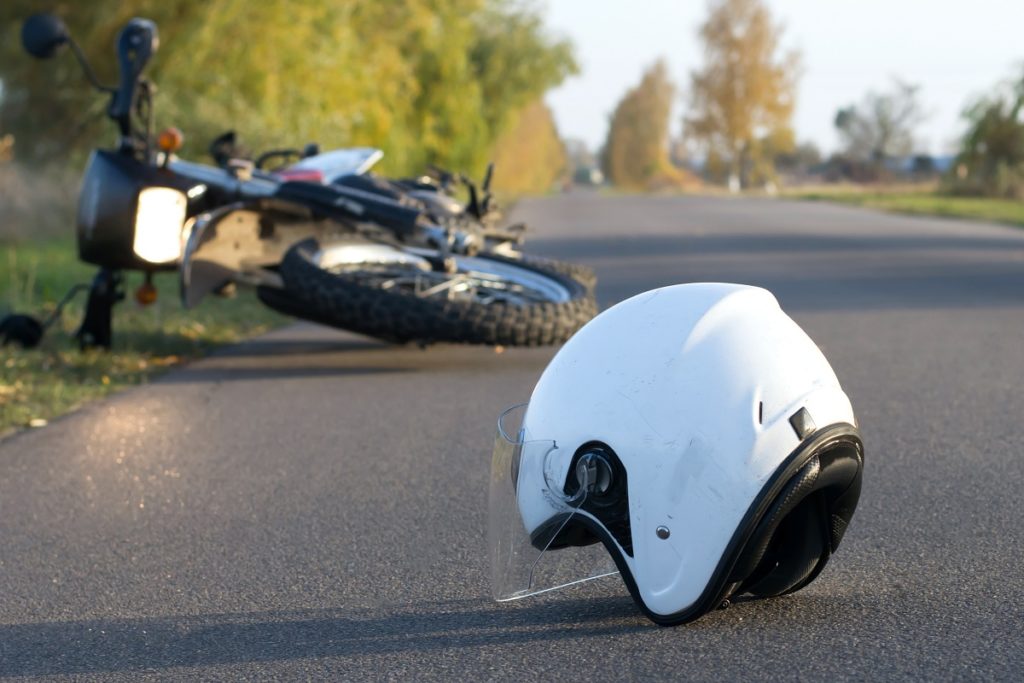The appeal of riding a motorcycle usually comes from its speed and maneuverability, excitement, and connection with the road and other bikers. But enjoyment also comes with feeling safe both physically and financially. Motorcycle insurance can cover costs and damages, as even careful riders get into accidents or have their bikes damaged.
Different costs are associated with the various types of motorcycle coverage, including collision, liability, accessory, and comprehensive. Think about what type of coverage you’ll need, as well as the type you’re most at risk for.
Unnecessary Risk
There are several ways to make the most of your motorcycle insurance policy. You can do this by avoiding unnecessary accident risks. This includes things like riding at excessive speeds, on poorly paved roads, or in harsh weather conditions. You should also be performing regular maintenance checks on your bike to ensure things like tread depth and tire pressures are at optimal levels. Other personal risks can and should be avoided. This includes riding when ill, injured, or under the influence of alcohol.
Avoiding these risks will decrease the incidence of an accident and reduce the possibility of receiving an expensive insurance premium.
Safe Riding Skills
Practicing safe riding skills can reduce accidents involving auto claims, as well as keep you, your bike, and other road users safe. The less auto claims you file, the safer you appear to your insurance company, and you’ll likely be offered lower rates.
Regardless of how long you’ve been riding, consider a motorcycle safety course to help you develop or sharpen your riding skills. There are insurance companies that offer discounts for motorcycle safety courses to encourage participants to be safe.
Taking a safety course demonstrates some level of the rider’s experience with a bike. Insurance premiums can also be driven down with a clean driving record, as they are considered less of an insurance risk.
High Deductibles
The auto insurance deductible refers to how much you’ll pay out of your own pocket in case a motorcycle accident occurs. The higher this deductible, the lower your insurance premium is. This means you’ll have to pay lower annual costs for maintaining your motorcycle’s insurance policy. However, you should not assume a deductible you cannot afford. You’d be suffering financial hardship if you cannot provide the required amount when the time comes.
Liability Insurance
Most states require motorcycle riders to purchase some form of liability insurance for the vehicle. Liability insurance can reduce costs for bodily injury and property damage for both you and others. The more liability insurance you purchase, the more covered you are. This is why it’s often best to have more insurance than the minimum requirements set out by the state.
Seasonal Coverage

You may not use your motorcycle all year round. For instance, you may decide to keep it in storage for the better part of the winter. States only require liability insurance to ensure bikes are registered and street legal. But this doesn’t apply to bikes in storage. You can register your motorcycle as non-operational during the times you don’t intend to actually ride it.
However, it’s a good idea for you to keep comprehensive insurance coverage plans operating year round. This’ll protect your bike in the event that it gets stolen or damaged even in storage.
